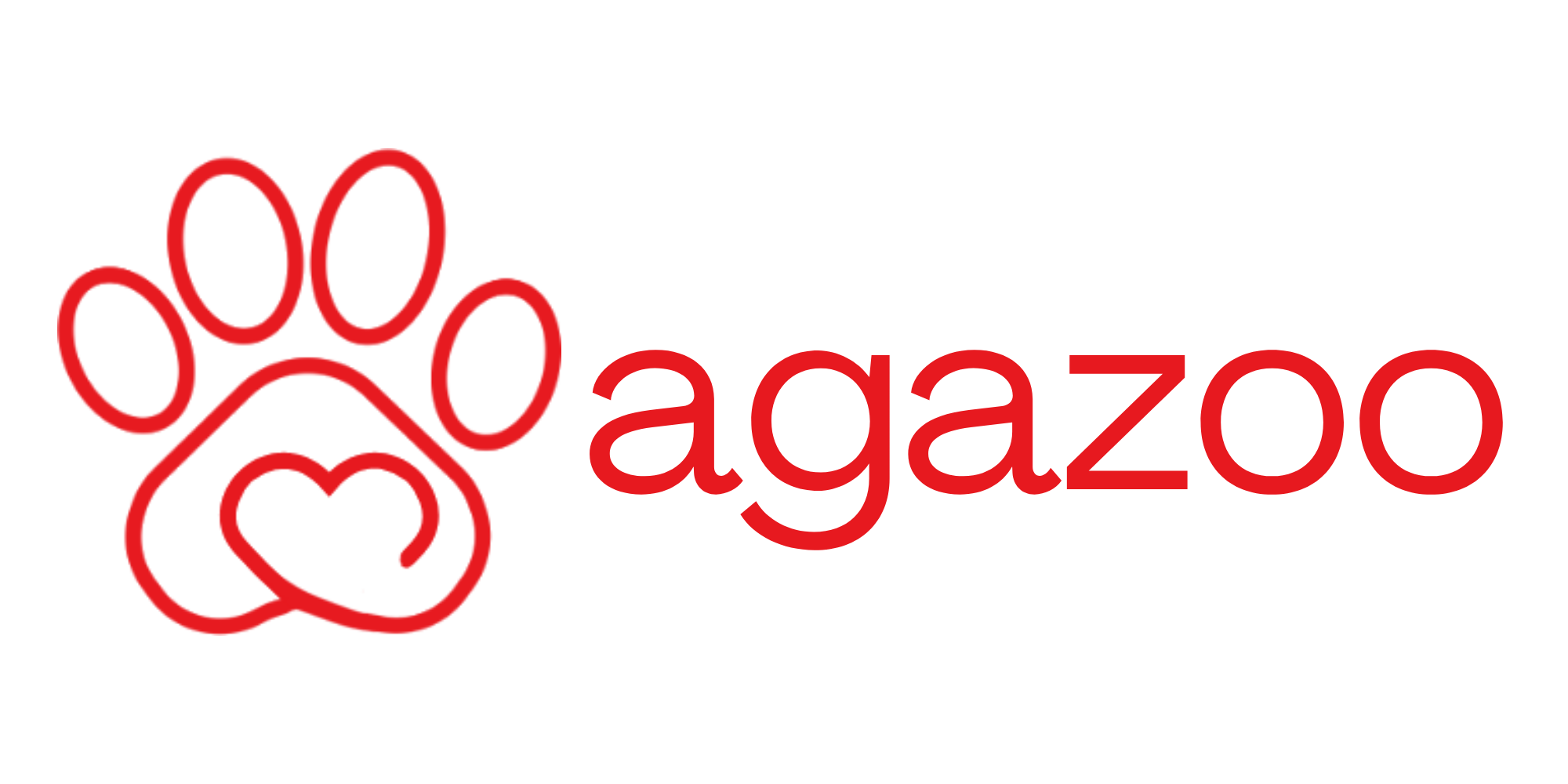- Tablets for dogs and cats to support liver function. Especially recommended in: severe cases, chronic conditions, poisoning. The package contains 30 tablets.
VETEXPERT Hepatiale Forte Advanced 30 Tablets - Product Description
Hepatiale Forte Advanced has a rich composition that comprehensively supports liver function and its return to normal functioning, as well as the regeneration of hepatocytes (liver cells). It is designed for dogs and cats with suspected liver disease, as well as those with diagnosed inflammation or poisoning of the liver and impaired bile secretion or bile stasis.
Composition
- L-ornithine aspartate
- Soy lecithin (as a source of phospholipids)
- Magnesium stearate
Composition analysis
- The manufacturer does not provide a composition analysis of the product.
Additives
- Methionine in the form of S-Adenosylmethionine
- Silybum marianum (L.) milk thistle seed extract
- Zinc oxide
Dosage
Dogs – 1 tablet per 10 kg of body weight
Cats – half a tablet per cat
Administer before or during meals. Tablets can be administered whole or crushed. If the daily dose requires several tablets, it can be divided into 2-3 portions. The animal must have constant access to fresh water.
The manufacturer does not restrict the age or size of the animal.
Additional information
Phospholipids, which are glycerol esters of choline phosphoric acid and unsaturated fatty acids: linoleic, linolenic, and oleic acids, have a protective and regenerative effect on liver cells. Due to the content of polyunsaturated fatty acids in their side chains, phospholipids cannot be synthesized in the body. Once delivered to the body, they are incorporated into the cell and cytoplasmic membranes of liver cells (hepatocytes), replenishing the losses caused by disease processes. This results in faster regeneration of damaged liver cells and restoration of their proper functioning. As a result, the functioning of membrane receptors, membrane enzyme systems, and active and passive transport processes is improved. Phospholipids are essential for the differentiation and proliferation of liver cells. They inhibit the fibrosis of liver tissue by reducing collagen production and increasing the activity of the enzyme that breaks it down – collagenase. Phospholipids, along with bile acids, play an important role in the digestion of fats and the absorption of vitamins dissolved in them.
S-adenosyl-methionine (SAM) is an endogenous substance formed when the adenosyl group of adenosine 5'-triphosphate (ATP) binds to the sulfur atom of methionine. Its concentration decreases in the course of many liver diseases. SAM is involved in a number of metabolic processes, but its most important role is in the transmethylation reaction, i.e., the transfer of the -CH3 group, which is necessary for the synthesis of cell membrane phospholipids. In addition, SAM is actively involved in transsulfuration reactions, which are necessary for the synthesis of the natural antioxidant glutathione in the liver, and in aminopropylation, which is a stage in the synthesis of polyamines that stimulate the synthesis of DNA, proteins, and proteoglycans, which are necessary for the growth and regeneration of liver cells. It is particularly recommended as an adjunct in the treatment of toxic liver poisoning and bile stasis. It can be used as a protective measure during long-term steroid use and after paracetamol poisoning in cats.
Milk thistle extract (Silybum marianum) contains silymarin as its active ingredient, or a group of 4 flavonolignans – silybin, silydianin, silicristin, and isosilybin. Silibin has the highest biological activity. The main mechanisms of action of silymarin in the liver are antioxidant and anti-inflammatory effects, achieved by inhibiting lipid oxidase activity and leukotriene synthesis. It can also have a cholagogue and protective effect in cases of poisoning. Silymarin is a safe and low-toxic compound, recommended for poisoning and chronic liver inflammation. The combination of silibinin and phospholipids has a particularly strong protective effect on the liver.
Ornithine regulates the urea cycle in dogs and cats. It participates in the conversion of ammonia produced by the breakdown of amino acids into urea, reducing its toxicity. Ornithine plays a special role in cats, which also use amino acids in energy production processes. Their deamination processes are very intense, which makes ornithine essential for them. Ornithine is recommended for the treatment of cats suffering from or suspected of having hepatic encephalopathy, as well as those that have not eaten for a long time.
Zinc is a component of many enzymes that regulate the metabolism of nucleic acids and carbohydrates, and supports wound healing, growth, and reproduction. In the case of liver disorders, the use of zinc limits the absorption of copper from the gastrointestinal tract, which is an element with a strong toxic effect on the liver. In other words, zinc protects the liver from excess copper and can also act as an antioxidant. Patients with liver disease are advised to increase the amount of zinc in their diet.



